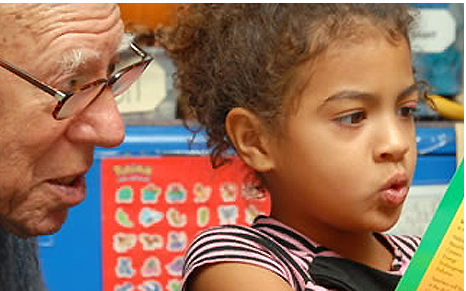The impact youth mentoring approaches have on holistic competencies
Chan, C. K. Y., & Luo, J. (2022). Youth mentoring strategies and impacts on holistic competencies of secondary school students in Hong Kong. British Journal of Guidance & Counselling. https://doi.org/10.1080/03069885.2022.2030858
Summarized by Ariel Ervin
Notes of Interest:
- Holistic competency is an umbrella term for various skills and positive attitudes & values, such as creativity, respect, communication, & teamwork.
- While effective non-parental youth mentoring can help promote positive adolescent outcomes, not much is known about how it can provide opportunities to promote holistic competencies.
- This study examines various mentoring approaches and their effects on secondary student mentees’ holistic competencies in Hong Kong.
- Three scenarios demonstrate the relationship between mentoring approaches and their effects.
- “Creating opportunities to explore, act, and reflect” helps boost resilience and knowledge of social expectations.
- “Helping realize and utilize strengths and weaknesses” promoted confidence and self-understanding.
- “Encouragement and care” strengthened mentees’ resilience and confidence.
- Youth mentoring programming needs to account for culture and how they, in turn, affect mentorships.
- For example, Chinese mentees might feel more comfortable bonding with their mentors via peer or near-peer mentoring, considering the hierarchical relationships between teachers and students in Chinese culture.
Introduction (Reprinted from the Abstract)
There is a widespread belief that youth mentoring contributes to students’ holistic competency development, but research has not yet provided enough clarity on how exactly this contribution is made possible. To address this gap, in the current study we explore different mentoring strategies and their impacts on mentees’ holistic competency development in an extracurricular mentoring programme for secondary school students in Hong Kong. Informed by both mentors’ interviews and mentees’ written/video reflections, we present three scenarios illustrative of the connection between mentoring strategies and impacts. Through detailed vignettes, we offer a productive and situated approach to understand the extent to which certain mentoring strategies are more likely to contribute to particular holistic competency outcomes.
Implications (Reprinted from the Discussion)
Figure 5 summarises the potential strategy-impact link introduced in the three scenarios. The goal of pairing the strategies and impacts via elaborated vignettes is to offer a situated understanding of how effective mentoring works, and to bring out the message that certain mentoring strategies are more likely to lead to certain holistic competency outcomes. The strategy-impact link is contingent and contextualised. For those listed strategies without a matching impact, this does not in any way imply they are ineffective. The mentioned three strategies could also lead to other impacts that are not specified in our findings, and the matched impacts could be generated from other strategies as well.
In addition, it should be noted that although some of the identified strategies (i.e. mutual respect; encouragement and care; role modelling) were introduced in mentor training prior to the programme, the training did not made clear what specific impacts these strategies were expected to yield. Therefore, the potential link mainly came from the mentor’s own testimony.
Our findings show that “creating opportunities to explore, act and reflect” is beneficial to increasing students’ knowledge of social expectations and resilience development. As reviewed in the literature, Hong Kong is heavily influenced by Confucian culture which is traditionally very exam-oriented (Tan, 2018). Due to the competitive nature of high-stakes exams before students are admitted to universities, Hong Kong secondary school students are constantly found stressed with workload and with little outdoor time to interact with others and play (South China Morning Post, 2018). Therefore, opportunities to explore and act are especially valuable for Hong Kong adolescents considering their long hours of indoor study.
To access this article, click here.














